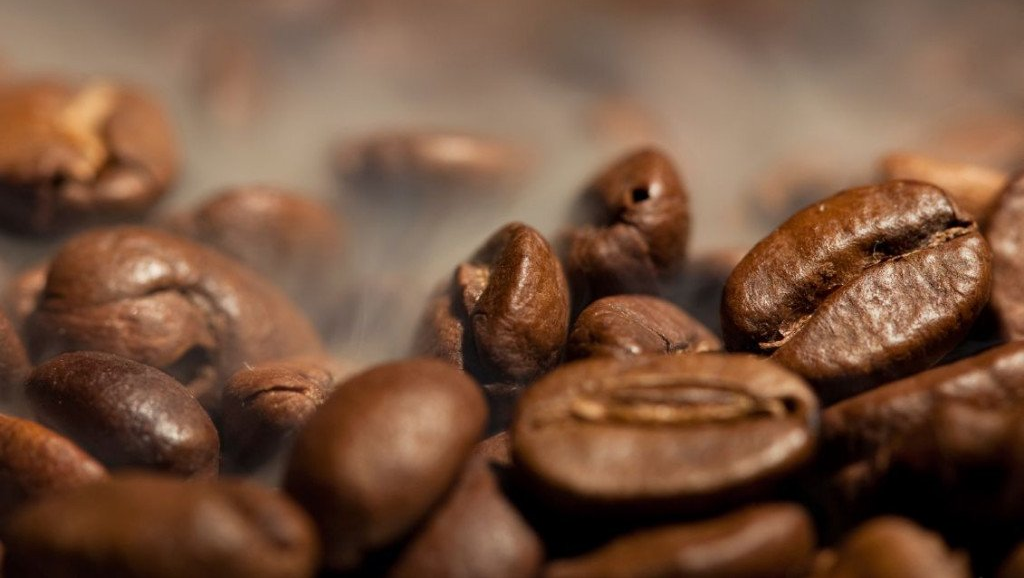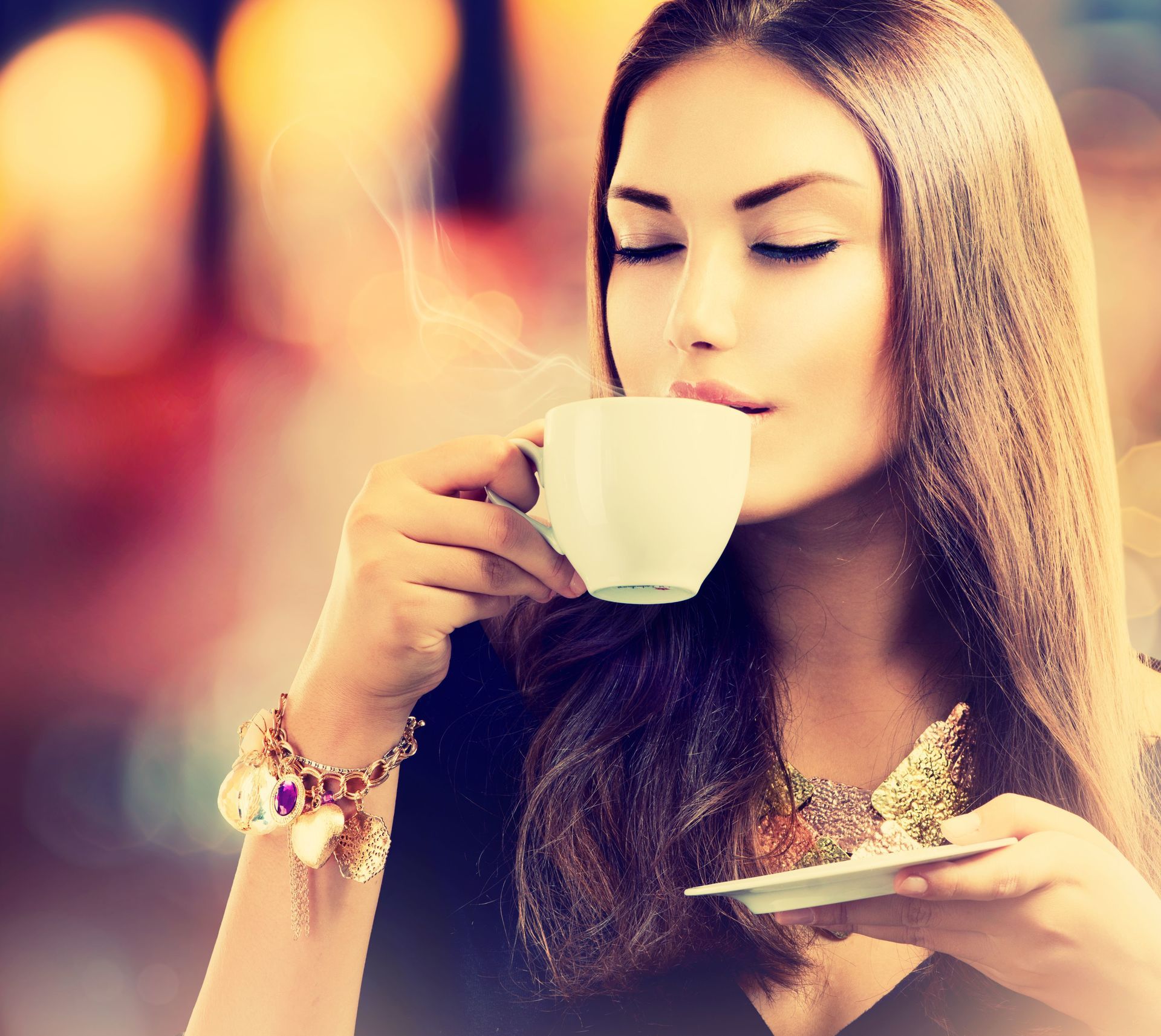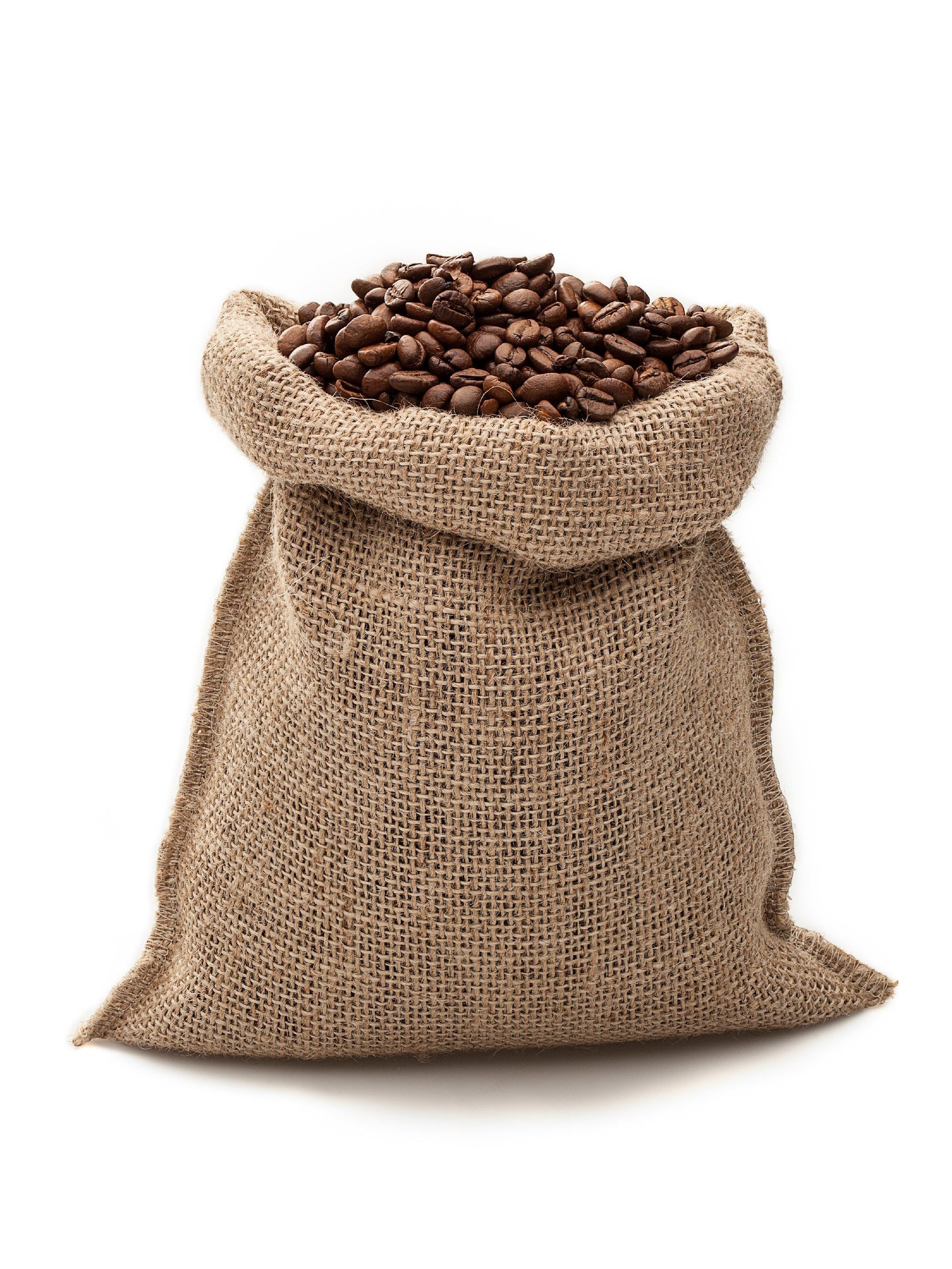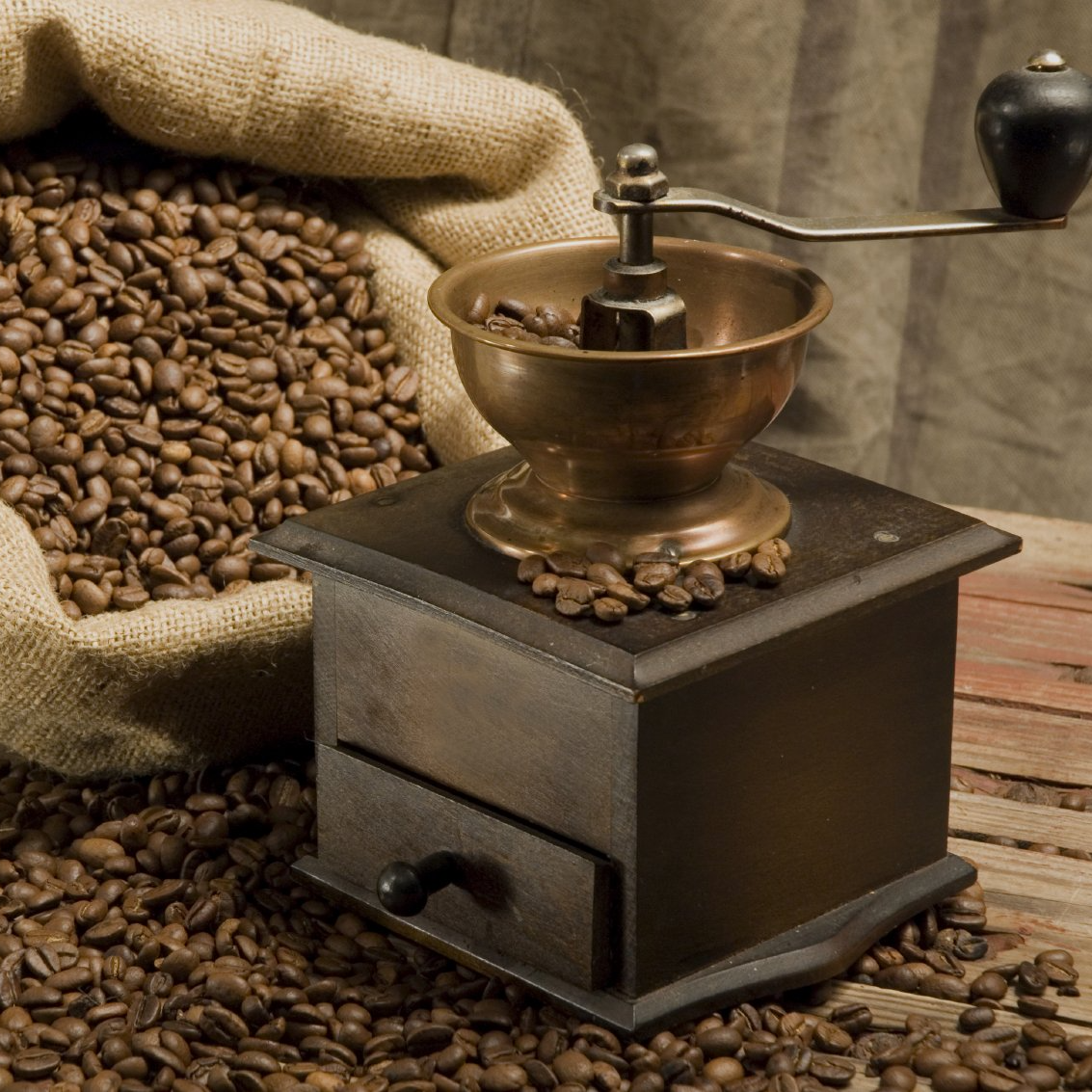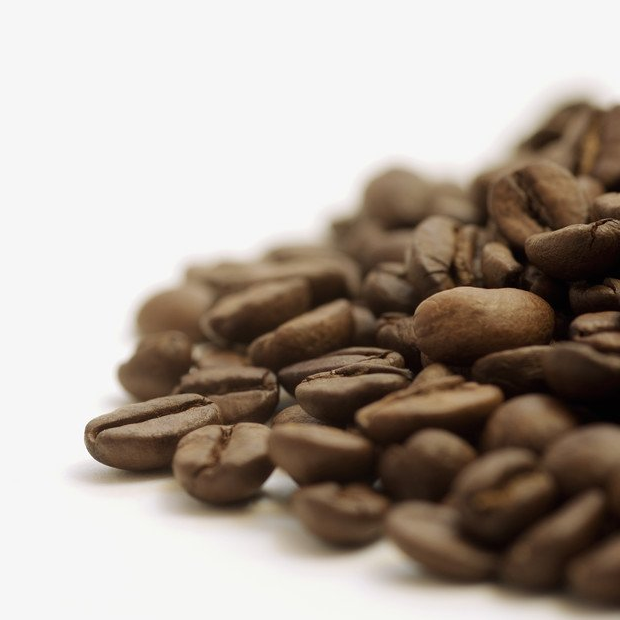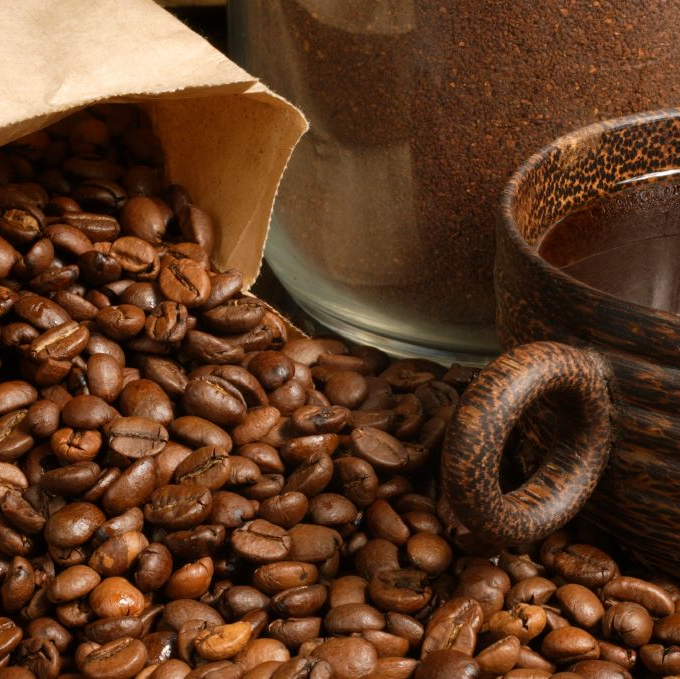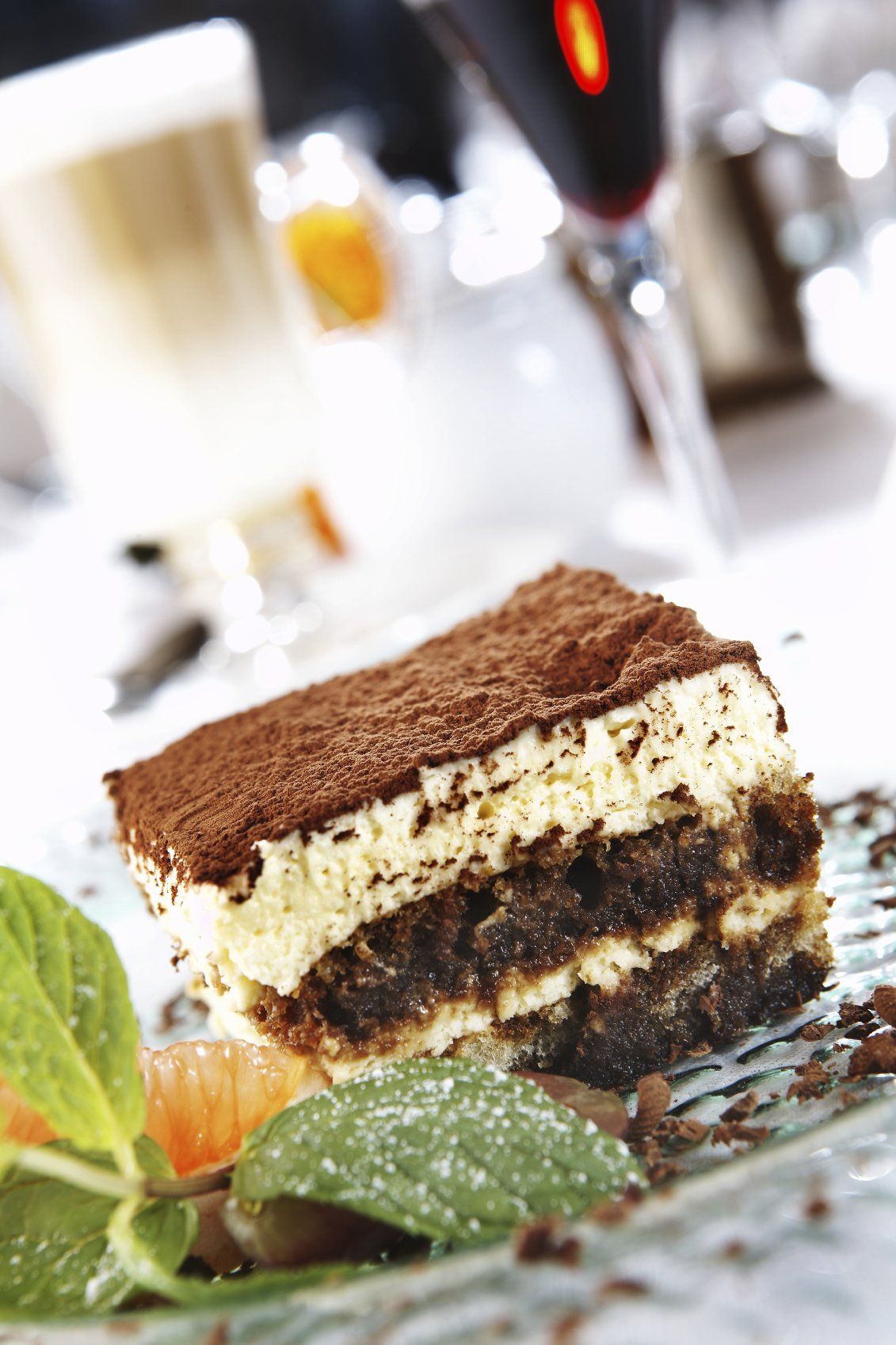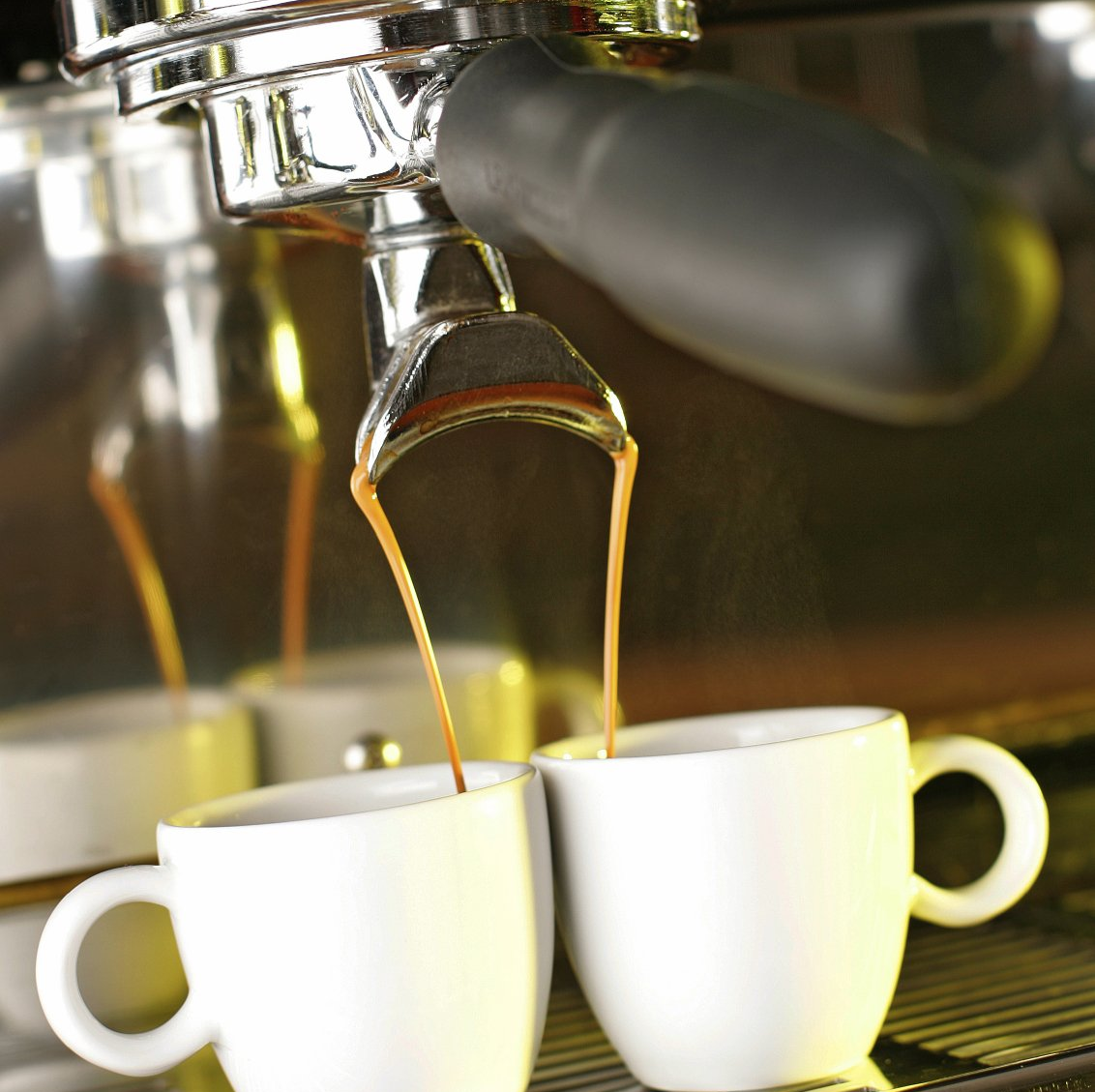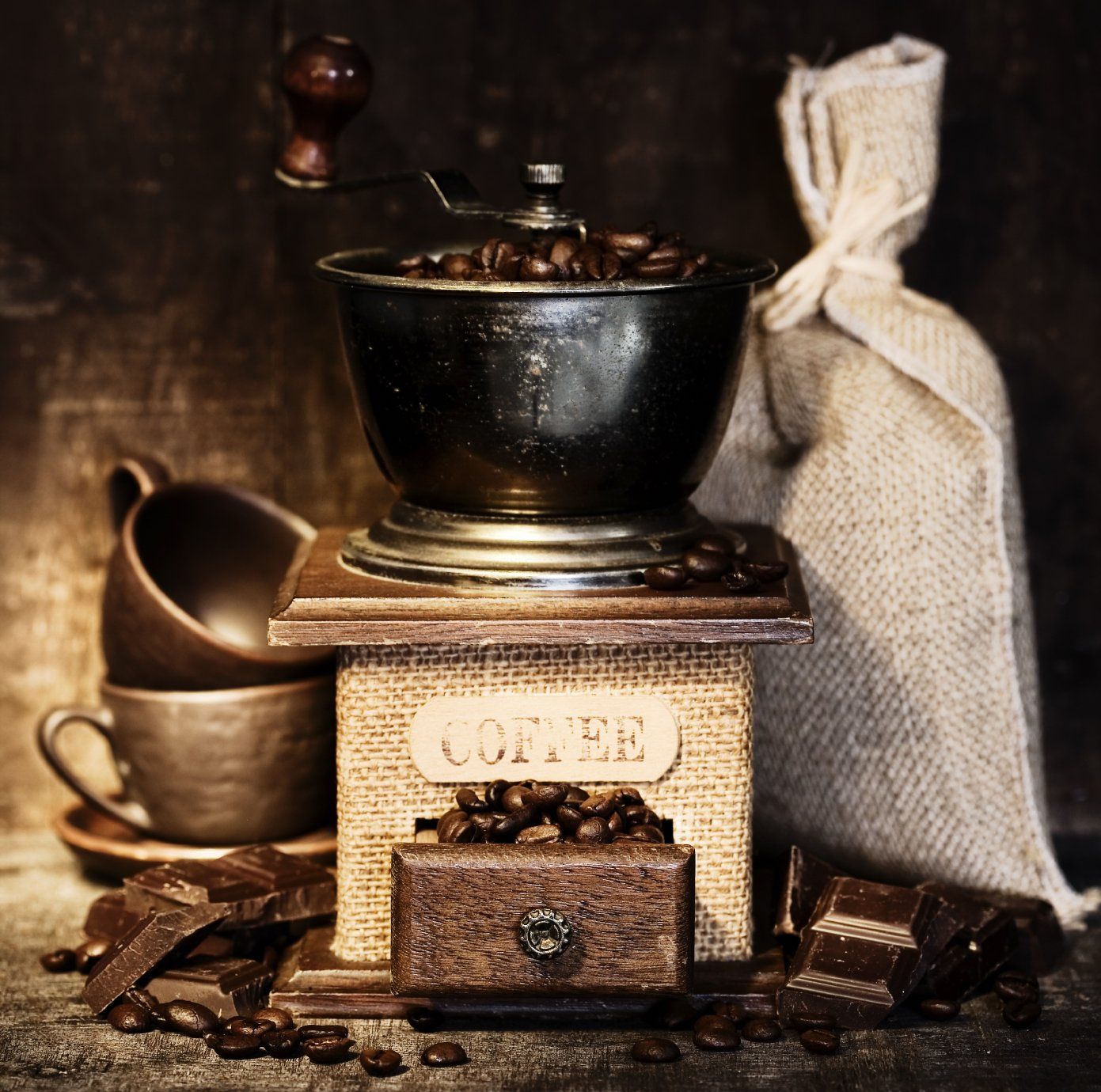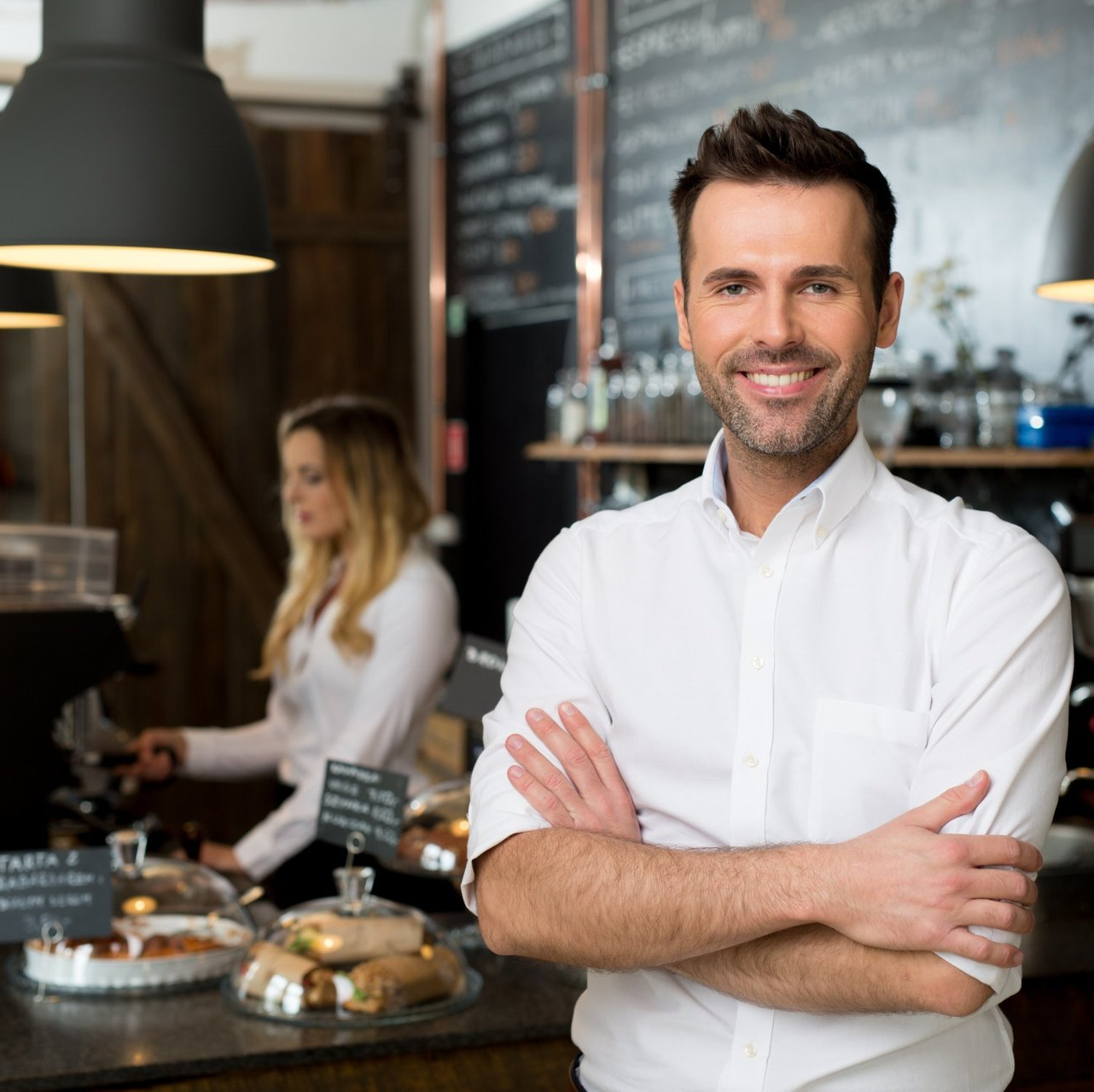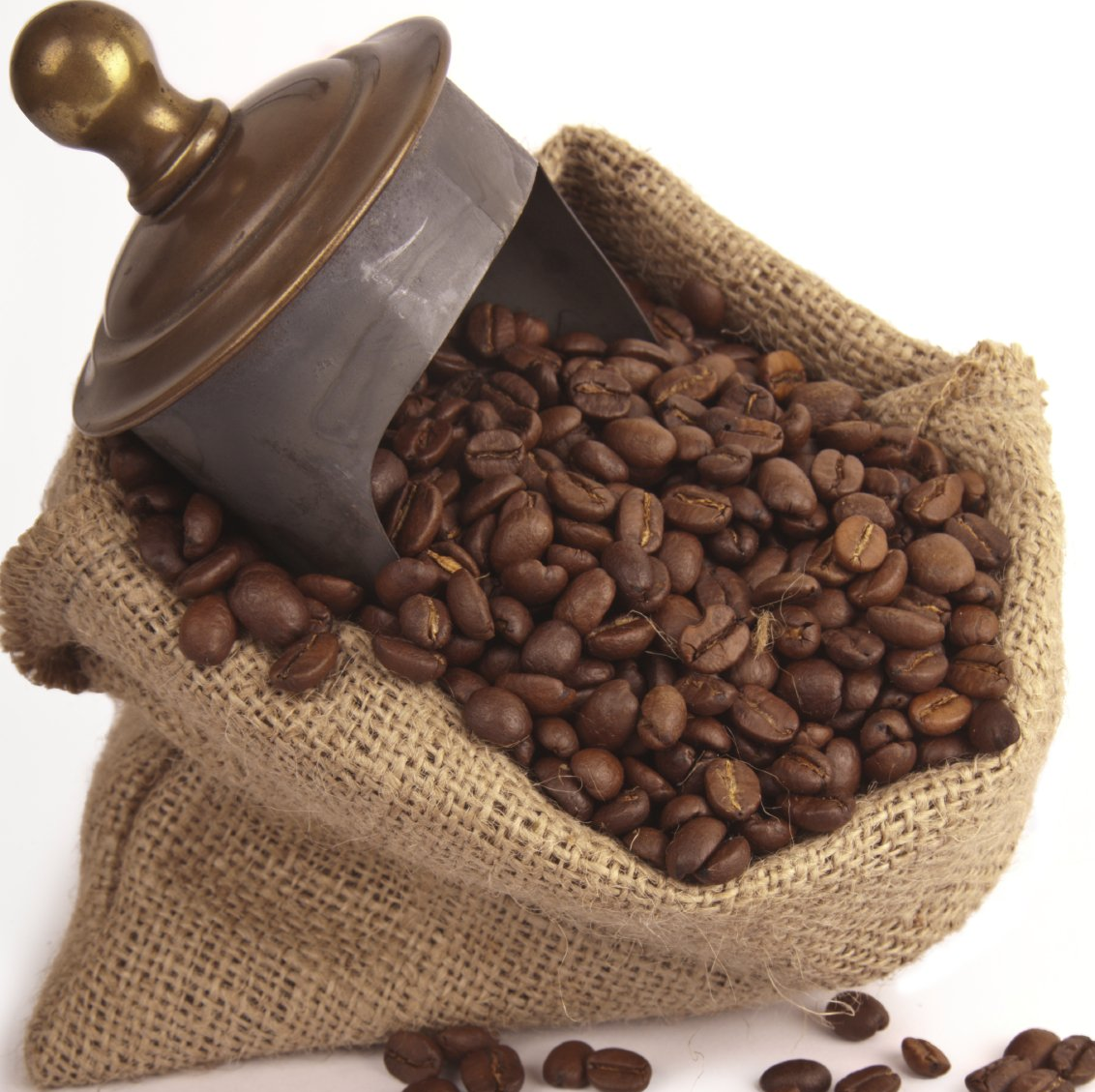How much caffeine is there in my coffee?
Does how I make my coffee mean more caffeine in my coffee?
Is a steaming hot fresh coffee made with freshly ground coffee beans your favourite way to start the day?
Coffee in its various forms has long been recognised as a useful stimulant. Coffee drinkers often use an invigorating hot coffee to wake up fresh and ready for the day. For some people coffee is useful for an extra boost of energy for those moments when we feel ourselves flagging. However and whenever we enjoy our coffee there are a few things to bear in mind. First and most important is that when we drink coffee prepared freshly ground from coffee beans or from instant powdered coffee we are drinking caffeine. Even decaffeinated coffee beans contain caffeine.
Is drinking coffee good for your health?
In short for most of the hundreds of millions of healthy coffee drinkers who enjoy coffee daily the answer is yes. Drinking coffee can have physiological and psychological benefits. Large studies have shown that drinking coffee plays a role in reducing the risk from various health issues including heart and kidney disease.
Current opinion is that for people with no underlying health problems there is no limit to the amount of coffee we could drink per day. However even for these coffee drinkers, current opinion suggests they should limit their daily intake of caffeine to less than four hundred milligrams of caffeine, which is roughly the amount you would expect to find in 4 or 5 8oz cups of coffee. During pregnancy the recommended amount of caffeine per day is reduced to two hundred milligrams.
Is there the same amount of caffeine in all coffees?
Whilst the percentage of caffeine in a coffee bean is consistent for each type or variety of coffee bean; Arabica coffee beans have around half the concentration of caffeine than Robusta coffee beans. Then when it comes to the actual coffee drink there are many factors that affect the amount of caffeine.
Does my daily caffeine only come from coffee?
Caffeine is present in a number of different drinks not just coffee. A 330ml can of soda could contain up to 40mg of caffeine. Your other favourite drink, an 8oz cup of tea, could contain up to 50mg of caffeine. Compared to around 65mg of caffeine in an 8oz cup of coffee you can see how easy it is to consume caffeine through the day. If you are a fan of energy drinks you could be drinking up to 250mg of caffeine from a standard sized can.
Does how I prepare my coffee affect the amount of caffeine?
Different methods of making coffee can give different amounts of caffeine. I mentioned earlier that Arabica coffee beans have less caffeine compared to Robusta coffee beans. Starting at this point here a few quick points when it comes to drinking coffee.
Taste and enjoying your coffee is probably the most important factor.
Whilst a darker roast for the coffee bean gives a stronger flavour it actually reduces the amount of caffeine present by as much as 20%.
At around 85mg, drip through coffee makers produce a cup of coffee with more caffeine.
A cup of instant coffee with about 65mg can contain more caffeine than other coffees.
Decaffeinated coffees contain around 2 to 3 mg of caffeine per cup.
A shot of espresso coffee produced from freshly ground coffee beans and made with a commercial espresso machine gives about 65mg of caffeine in 30ml.